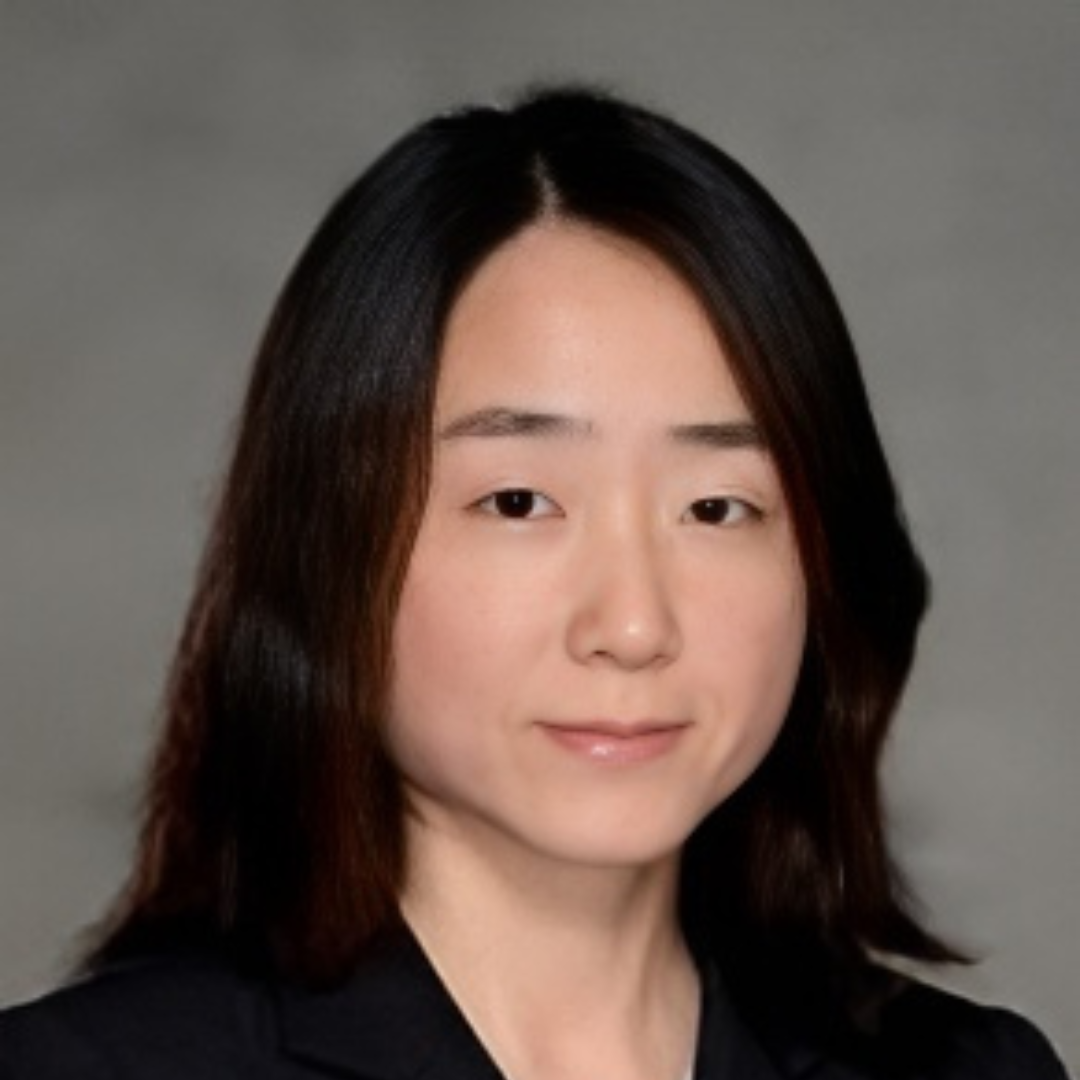Welcome Message
 It gives me great pleasure to welcome you to our Electrical, Computer and Software Engineering (ECSE) Departmental website. In the Department of Electrical, Computer and Software Engineering, we are proud to provide market-oriented engineering programs and strive to cultivate a learning environment that equips our engineering graduates with the necessary skills to excel in the evolving 21st-century marketplace. The first year is a common year across all engineering programs. Our students are equipped to solve some of the world's biggest problems in these disciplines. We have a strong team of leading researchers in these areas. Our laboratories are of high quality and provide world-class training with the latest equipment and software. We pay particular attention to diversity and equity in all our programs.
It gives me great pleasure to welcome you to our Electrical, Computer and Software Engineering (ECSE) Departmental website. In the Department of Electrical, Computer and Software Engineering, we are proud to provide market-oriented engineering programs and strive to cultivate a learning environment that equips our engineering graduates with the necessary skills to excel in the evolving 21st-century marketplace. The first year is a common year across all engineering programs. Our students are equipped to solve some of the world's biggest problems in these disciplines. We have a strong team of leading researchers in these areas. Our laboratories are of high quality and provide world-class training with the latest equipment and software. We pay particular attention to diversity and equity in all our programs.
Our programs focus on fundamental engineering education and serve its constituents well. The outcomes and employability of our graduates is a testament to the program’s quality and the dedication of those running the program. Overall, the program curriculum places a strong emphasis on the foundations of electrical, computer and software engineering.
Our electrical engineering program provides strong emphasis on electrical power, communications and control. Our electrical engineering graduates are equipped with skills in electric transportation, power electronics, drives, instrumentation and protection, control engineering, wireless, sensors, smart antennas and communications. Also, students have the option to join a unique specialization in smart grid, the only one in Canada, and learn in-depth knowledge about the smart grid and the integration of renewable energy in power systems.
Software engineering students learn about automatic/intelligent sensing and control, biomedical engineering, health informatics, and telehealth, haptics and virtual reality, knowledge discovery, medical and mobile robotics, Internet of Things, ubiquitous computing, distributed systems, context-aware and self-adaptive systems and mobile cloud services. Our students are equipped with skills in areas such as cloud computing, optimization and artificial intelligence. Software engineering students can also specialize in the area of Internet of Things and gain in-depth knowledge about embedded sensors.
Our department also offers MASc, MEng and PhD in electrical and software engineering. Our graduate programs are delivered by renowned professors with expertise covering many of the areas of electrical and software engineering. I invite you to browse our website to learn more about our research strategic plan.
I look forward to welcoming you to our department.